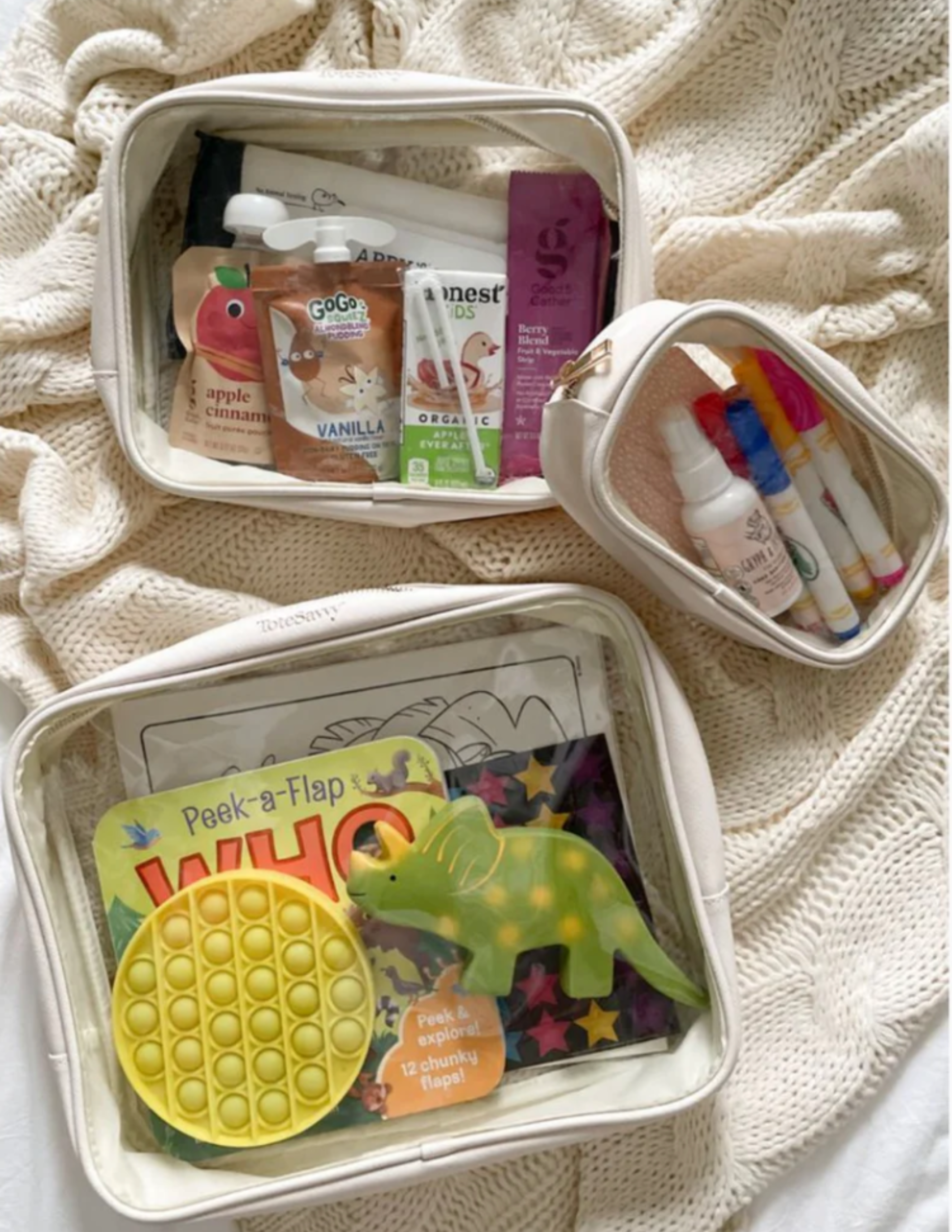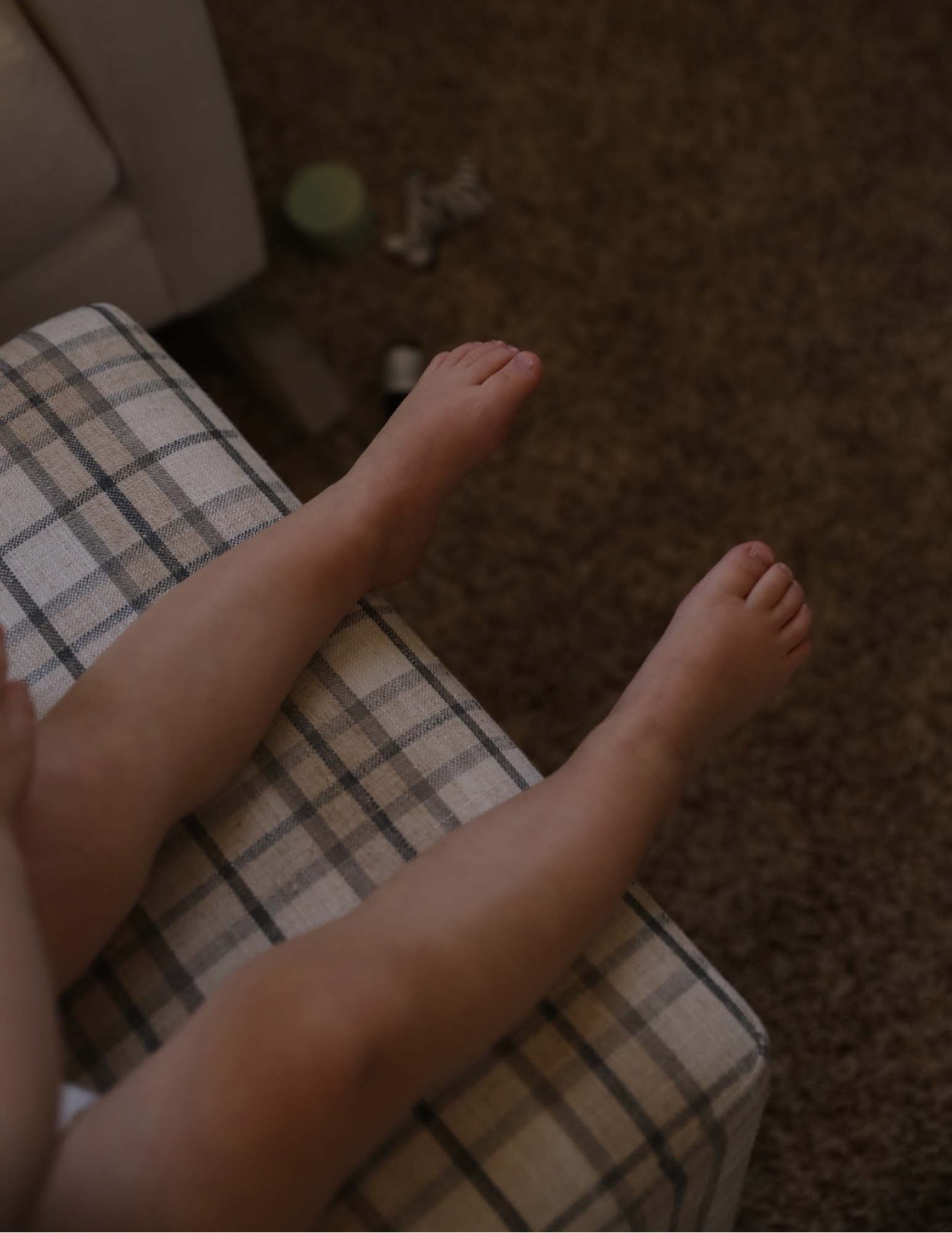Combating Hair Loss
After extensive research on how to NOT experience postpartum hair loss and to generally grow long strong healthy hair, here is what I found:
Prioritize nutrient dense foods (grass fed beef, eggs, and whole nourishment foods). Hair can largely be related to deficiencies in the body... Iron, B12, taurine, zinc (and more) deficiencies can contribute to hair loss or hair thinning. Your body is so smart and knows its needs to keep you alive. It will give all your nutrients to your vital organs first (and then your baby second if you're pregnant or nursing). So if you’re deficient in nutrients, it certainly won’t go to your hair. Load up on nutrient rich, high protein food; taking grass fed collagen and colostrum will help tremendously. Find exact links to what I use at the bottom of this article.
Lowering stress and supporting nervous system: Hair health also depends on supporting the heart and adrenals. Keep your cortisol down (drops linked at the bottom for what I take to help this). Once I figure out how to keep my cortisol down, get good sleep, and get out of constant fight or flight, my hair improved significantly. Hair follicles contain receptors that can respond to stress hormones. These receptors detect and react to various stress-related hormones like cortisol and play a significant role in the hair growth cycle. When the body is under stress, these receptors are activated, leading to alterations in hair growth patterns. This stress response can result in hair shedding or thinning.
Treat your scalp like skin (because healthy hair starts at the scalp). As we learned in my hair podcast episode with Nina from MyNajeau, the scalp and hair are two different things. The scalp needs nutrient dense OIL to keep it healthy, hydrated, and thriving. Nina also taught us that the scalp ages rapidly, so it needs a lot of support. Get my scalp oil HERE.
Extra: The body might also shed hair after a “traumatic” event. Think high fever, recovering from an illness, or undergoing a surgery or a general body transition (pregnancy, Birth). What's actually happening is a type of hair shedding called telogen effluvium. It happens when more hairs than normal enter the shedding phase of the hair growth cycle at the same time. Stress, medications, fever, illness, or surgery can force more hairs into this shedding process. It can also take some time for this stress to show up in your hair. For instance, most people see noticeable hair shed two to three months after the fever or illness in question. Handfuls of hair can come out when you shower or brush. This can last for six to nine months before it stops-then most people see their hair start to look normal again.
Supplement and Product list:
-6 yes 6 @heartandsoilsupplements Hair, Skin and Nails pills per day. Why? Grass-fed & finished cartilage, liver, and bone marro stimulates collagen production, improves moisture retention and reduces inflammation




Leave a comment
This site is protected by hCaptcha and the hCaptcha Privacy Policy and Terms of Service apply.